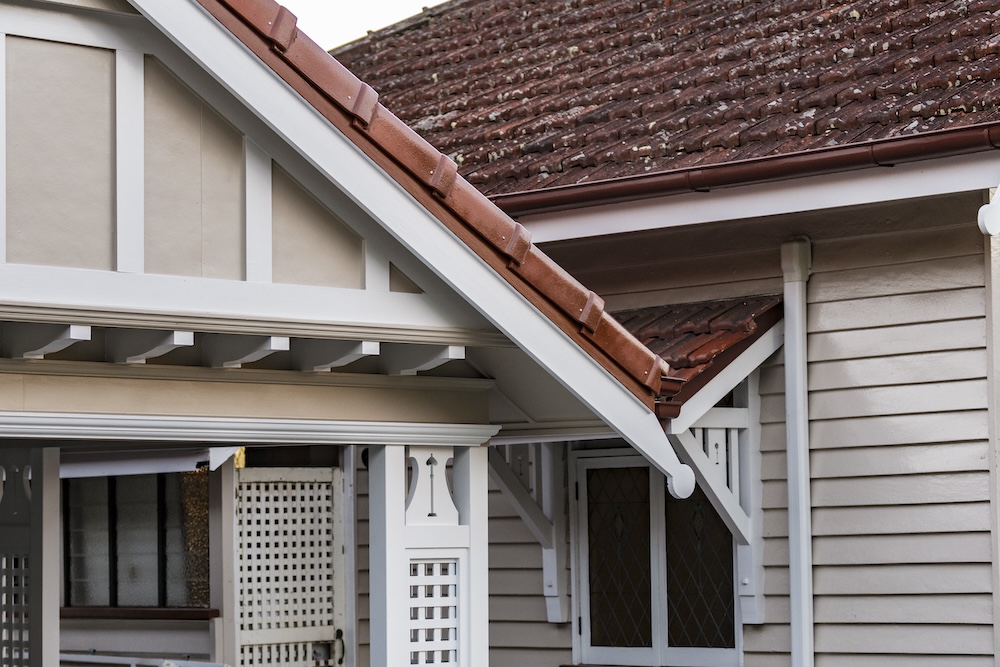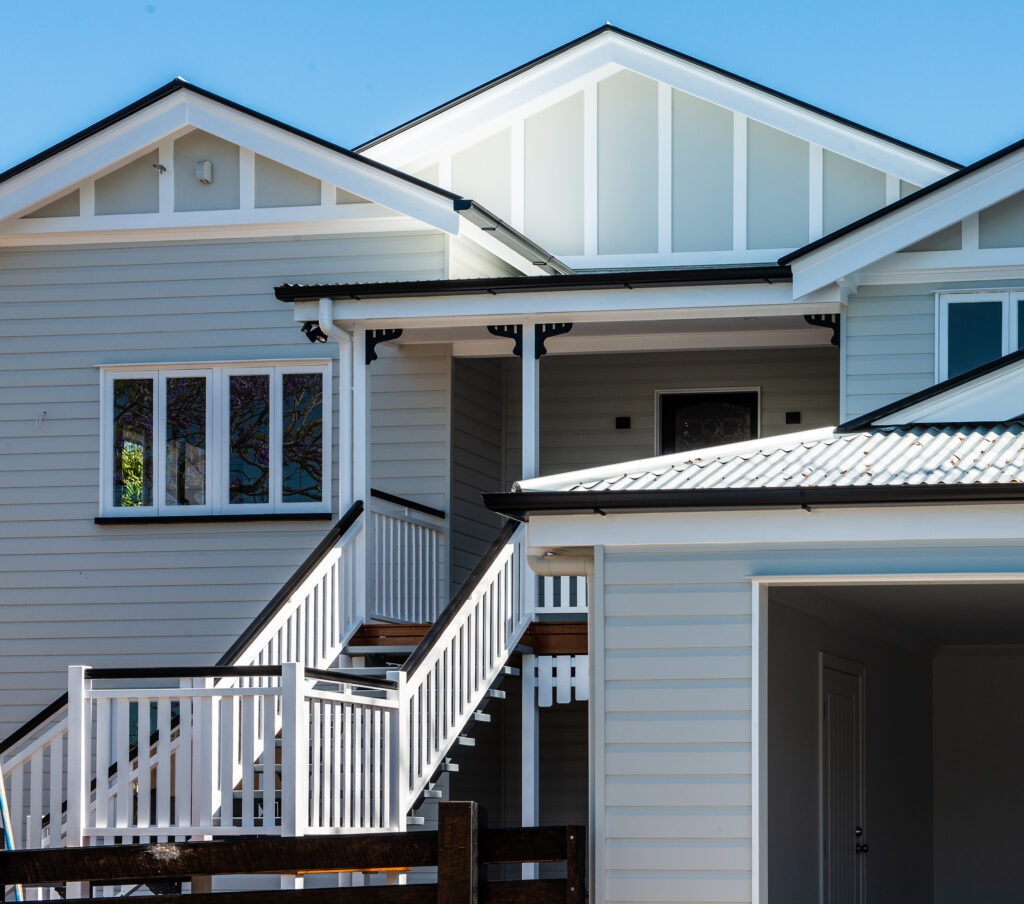Why do house building or renovation costs vary so much?
When receiving multiple quotes from builders for the same project, variations can occur due to differences in risk management, cost control, and quality assurance.
Here are the main reasons why building and renovation quotes can differ and what to look for:
1. Provisional Sums & Prime Cost Allowances:
Builders may estimate costs differently for items like joinery, kitchen fixtures, or stonework, resulting in variations.
If one house builder underestimates a provisional sum, the final cost could be much higher after signing the contract. Prime cost allowances, which cover items such as taps or lighting, can also differ significantly depending on the builder’s estimation of the quality or brand specified.
2. Interpretation of Documentation:
Accurately interpreting the project scope from architectural drawings, engineer details, and finish schedules is complex.
Some builders may invest more time upfront in understanding the full project scope, leading to a more accurate (but possibly higher) quote. Others may overlook details, causing underquoting and leading to cost increases later during construction. Read the scope provided and the exclusions carefully and chat about why.
3. Risk Management:
House builders approach risks (such as unexpected costs or delays) differently.
Some may build higher contingencies into their quote to cover potential issues, while others might rely on provisional sums or contract variations to manage costs as they arise. This can cause significant differences in how the final price is structured. Additionally, builders may include clauses for cost escalations or special conditions in their contracts to protect against unforeseen price increases in materials or labour. We are open about project challenges and how we will manage risk.


4. Overheads & Business Model:
A small builder with minimal overhead may quote lower as they only manage one project at a time and have fewer fixed costs.
In contrast, a medium-sized home builder running multiple projects will have higher overheads—such as office staff and project managers—which are factored into their quotes. However, larger businesses may be able to share overhead costs across projects and offer competitive pricing. All businesses are different and talking to the owner will help establish how they can offer value for your project over other builders.
5. Subcontractor Relationships:
Builders often rely on subcontractors, and their relationships with these trades can impact pricing.
A builder who works regularly with a skilled team may pay slightly more but ensures a smooth workflow and high-quality finish. Builders working with less experienced or cheaper subcontractors might offer lower quotes but at the potential cost of quality or project delays for re-work.
6. Detail in Estimating:
Some house builders offer detailed cost breakdowns for each trade (e.g., roofing, earthworks), while others provide lump sums.
More detailed quotes often reflect a deeper understanding of the project, which can help reduce unexpected costs later. If you’re only presented with a total figure, ask for more detail to ensure the estimate is based on a thorough evaluation.
7. Project Load:
A builder’s current workload may affect their quote.
Those with multiple projects may factor in potential delays or time constraints, leading to higher prices. On the other hand, a builder with fewer commitments may offer a lower price to secure your project but might lack the resources to manage multiple projects effectively.

In conclusion, differences in house build or renovation quotes are often due to how risks, costs, and workloads are managed.
Clarifying these aspects with your prospective builders will help you make a more informed decision.
Feel free to contact us to discuss your project and how we can help!

